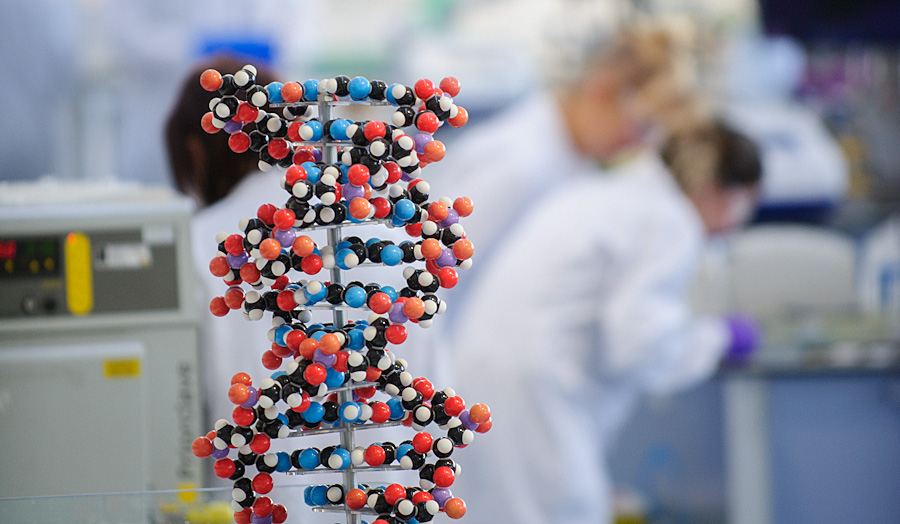After graduating from Kabul Medical University in 1985, Zakia fled to Pakistan because of the Soviet-Afghan War. However, conflict did not stop there and she was forced to flee again by the Mujahideen before arriving in the UK with her three young children in 1995. We caught up with Zakia to share here experience.
Zakia, tell us a bit about yourself?
After graduating from Kabul Medical University in 1985, I fled to Pakistan because of the ongoing Soviet-Afghan war. I was working in a Red Cross Hospital for nine years, first as an anaesthetist, then training in obstetrics and gynaecology. I returned briefly to Afghanistan, but was again forced to flee by the Mujahideen and came to the UK with my three young children in 1995.
Initially placed I was placed in unsuitable accommodation, until I eventually settled in West London with my young family, managing with very little support and few contacts. I had a fairly good grasp of English, however, my childcare responsibilities prevented me from attending English for Speakers of Other Languages (ESOL) classes. Eventually, I was reunited with my husband.
In 1998, I had my fourth child and suffered serious medical complications, meaning I was unable to pursue any professional development for several years. The lack of social contact resulted in my English language ability deteriorating and my goal of re-starting my medical career seemed very remote indeed.
How did RAGU help you?
My life changed in 2009. I joined the programme at RAGU for refugee health professionals, and after speaking with RAGU advisers, I joined the free International English language Testing System (IELTS) tutorial with Glowing Results and started volunteering for the Southwark Lay Health project. This project trained me to work in a team to give NHS health checks to the public and I had a chance to develop my English communication skills. It was tough talking to members of the public outside the tube station but it’s always been my passion to help people. This was a good opportunity to improve my English, meet new people and do clinical work.
After volunteering for a year, I joined RAGU’s work placement programme and started to work in a GP practice as a Healthcare Assistant (HCA). At first, I felt shy and lacked confidence. However, after some weeks, I was running my own healthcare sessions and giving health checks, taking blood samples and registering new patients. I believe that all refugee healthcare professionals should engage in voluntary work. HCA’s have a range of responsibilities that doctors don’t. During my HCA work, I sat in on GP consultations and the doctor asked if I could listen to a patient’s chest. It was the first time in the UK that I had been recognised as a doctor.
In 2015 I achieved the required IELTS score and went on to study for the PLAB exams. I passed Professional and Linguistic Assessments (PLAB 1) the first time but narrowly failed my PLAB 2. My confidence slipped, but with encouragement from my son, I re-took the exam and passed.
Through the Refugee Doctor’s programme at the Refugee Council, I undertook a clinical attachment at Whipps Cross Hospital, leaving home on cold winter mornings at 6am to attend the handover team meetings before work. I was placed with an experienced obstetrics and gynaecology consultant which I found very helpful. I am now registered with the GMC and about to start my first paid post as a medical doctor in the UK at Northwick Park Hospital under the CAPS scheme for refugee doctors.
I would like to say a huge thank you to RAGU and for the amazing support and guidance over the years. I can honestly say that I would not have been able to reach my goals without their assistance. RAGU kindly organised my first placement as a health care assistant and that provided me with the experience which has led to my licence to practice as a doctor in the UK.

